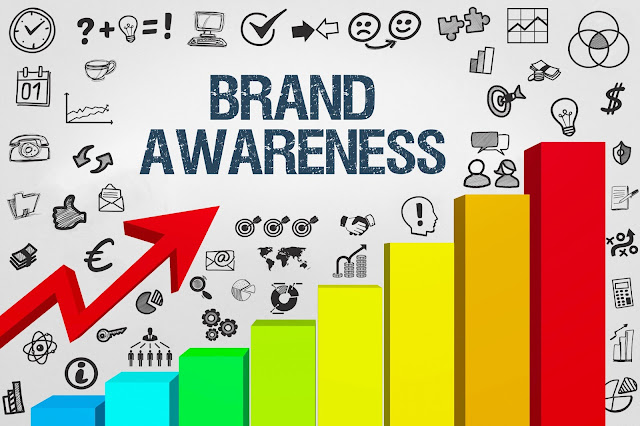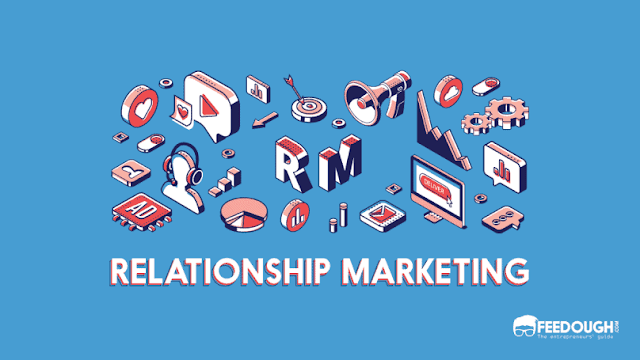Brand awareness is one of the most important concepts in marketing. It refers to the degree to which consumers are familiar with a particular brand and its products. In today's highly competitive marketplace, building brand awareness is essential for businesses that want to succeed. One of the key benefits of building brand awareness is that it can lead to repeat purchases. In this article, we will explore the relationship between brand awareness and repeat purchases, and the strategies that businesses can use to leverage this relationship.
What is Brand Awareness?
Brand awareness refers to the extent to which consumers recognize and recall a brand. It is an essential aspect of brand building and marketing because it helps to establish a brand's identity and reputation. Brand awareness can be measured in several ways, including:
- Unaided recall: This measures the extent to which consumers can remember a brand without any prompting.
- Aided recall: This measures the extent to which consumers can remember a brand when given a prompt or a list of options.
- Recognition: This measures the extent to which consumers can identify a brand when presented with a logo, tagline, or other visual cues.
- Top-of-mind awareness: This measures the extent to which a brand is the first one that comes to mind when a consumer thinks of a product or service.
Brand awareness is important because it can influence consumer behavior. Consumers are more likely to choose a brand that they are familiar with over a brand that they have never heard of. Brand awareness can also lead to brand loyalty, as consumers are more likely to stick with a brand that they trust and are familiar with.
The Relationship Between Brand Awareness and Repeat Purchases
There is a strong relationship between brand awareness and repeat purchases. When consumers are aware of a brand, they are more likely to purchase its products repeatedly. This is because brand awareness creates familiarity and trust, which can lead to a sense of loyalty.
The relationship between brand awareness and repeat purchases is particularly strong in industries where there are many competing brands. In these industries, consumers may choose a brand that they are familiar with over a brand that they have never heard of, even if the two brands offer similar products. For example, if a consumer is looking to purchase a new laptop, they may choose a brand that they are familiar with, such as Apple or Dell, over a lesser-known brand.
Brand awareness can also lead to repeat purchases because it can create a sense of trust and credibility. When consumers are familiar with a brand, they are more likely to believe that the brand's products are of high quality and reliable. This can lead to repeat purchases because consumers are more likely to trust a brand that they are familiar with.
Strategies for Leveraging the Relationship Between Brand Awareness and Repeat Purchases
Businesses can use several strategies to leverage the relationship between brand awareness and repeat purchases. These strategies include:
Consistent Branding: Consistent branding is essential for building brand awareness. This means using the same logo, color scheme, and messaging across all marketing channels, including social media, print ads, and packaging. Consistent branding helps to create a cohesive brand identity, which can increase brand awareness and lead to repeat purchases.
Provide a Great Customer Experience: Providing a great customer experience is essential for building brand loyalty. This means providing excellent customer service, offering high-quality products, and making the purchasing process as smooth and easy as possible. When consumers have a positive experience with a brand, they are more likely to make repeat purchases and recommend the brand to others.
Offer Loyalty Programs: Offering loyalty programs is a great way to incentivize repeat purchases. Loyalty programs can include discounts, free products, or other rewards for customers who make repeat purchases. These programs help to create a sense of loyalty and encourage.
Invest in Brand Awareness Campaigns: One of the most effective ways to build brand awareness is through marketing campaigns. Businesses can invest in advertising, public relations, and social media campaigns to increase brand awareness. These campaigns should be targeted towards the specific audience that the business wants to reach. For example, if a business is targeting millennials, they may want to invest in social media campaigns on platforms like Instagram and TikTok.
There are many successful brand awareness campaign examples that businesses can learn from. For example, the "Share a Coke" campaign by Coca-Cola was a huge success. The campaign involved printing popular names on Coke bottles and cans, which encouraged people to share them with friends and family. The campaign increased Coca-Cola's brand awareness and led to a 2% increase in sales in the U.S.
Conclusion
In conclusion, there is a strong relationship between brand awareness and repeat purchases. When consumers are familiar with a brand, they are more likely to purchase its products repeatedly. Businesses can leverage this relationship by investing in consistent branding, providing a great customer experience, offering loyalty programs, and investing in brand awareness campaigns. By implementing these strategies, businesses can increase brand awareness and build a loyal customer base, which can lead to long-term success. Successful brand awareness campaign examples, such as the "Share a Coke" campaign and the "Think Different" campaign, can provide inspiration and guidance for businesses looking to increase their brand awareness and boost repeat purchases.






0 Comments